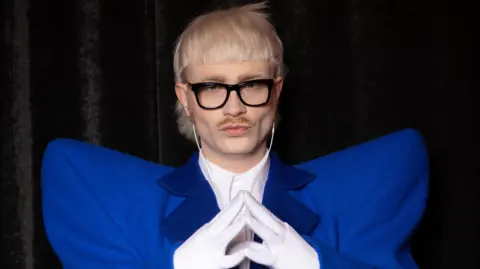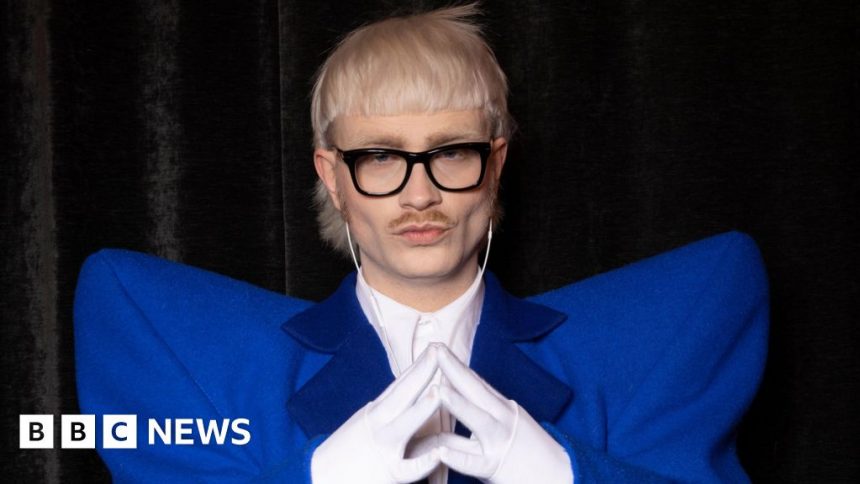Eurovision star: There never was a case against me
 EPA
EPAEurovision singer Joost Klein has expressed his frustration and relief after Swedish police dropped their investigation into a backstage incident that led to his disqualification from the contest.
The singer was removed just hours before the grand final in May, after an alleged altercation with a camerawoman.
But Swedish prosecutors said on Monday that they could not prove that a gesture Klein had made during the incident “was capable of causing serious fear,” or that Klein had intended it to scare her.
Writing on Instagram, the singer welcomed the decision. “There is no case against me,” he said, “because there never was a case.”
However, he expressed disappointment that it had taken three months for the investigation to be closed.
“The last couple of months were terrible,” he said.
“Even though I love to perform anywhere around the world, something didn’t feel right. Why did we have to wait so long for an answer?”
He also suggested his disqualification had been motivated by commercial considerations, although it is unclear what those might have been.
“Companies just want to protect their money and they tried to use me as a shield,” he wrote. “A village against the city.”
Allow Instagram content?
and
before accepting. To view this content choose ‘accept and continue’.
This year’s Eurovision Song Contest was unusually tense, marked by months of protests around Israel’s participation.
Several musicians came under pressure to withdraw, while others, including Eric Saade and Bambie Thug, smuggled pro-Palestinian messages into their performances.
Some contestants complained of a “tense” and “horrible” atmosphere backstage, while pro-Palestinian and pro-Israeli groups held several marches through the host city of Malmö, Sweden.
The day before the grand final, Klein did not appear at a dress rehearsal to perform his track, Europapa – which was one of the favourites to win.
Shortly afterward, the European Broadcasting Union, which organises the contest, said in a statement it was investigating Klein because of “an incident” involving a member of the show’s production crew.
The next day, it was revealed that Swedish police had received an allegation of intimidation by a female camera operator.
The EBU subsequently removed Klein from the contest, saying it would not have been appropriate for him to take part while a legal process was underway.
Dutch broadcaster Avrotros, which is responsible for arranging the country’s Eurovision entry, called the move “disproportionate”.
It said that Klein had been filmed immediately after coming off stage “against clearly made agreements” and against his repeated indications that he did not want to be on camera.
On Monday, the broadcaster said that the Swedish prosecutor’s decision to drop the case validated their initial response.
“From the beginning, we have said that this disqualification was unnecessary and disproportionate and so it now appears to be.
“We are still deeply disappointed that the Europa adventure of Joost Klein and of the entire Netherlands was brutally ended in this way.
“The next step is to have a meeting with the EBU management about this matter at very short notice.”
However, the EBU defended its decision to expel Klein from the contest.
Jean Philip De Tender, the organisation’s deputy director general, said the police investigation was about “whether a criminal act was committed and not whether Mr Klein behaved inappropriately”.
“Like all responsible employers, we do not tolerate inappropriate behaviour and will always respond to any workplace issues that are reported to us,” he added.
“This new development therefore does not have any impact on our decision which we stand by completely.”
Despite that, Klein updated his Instagram biography on Monday to read: “Eurovision 2025”.







